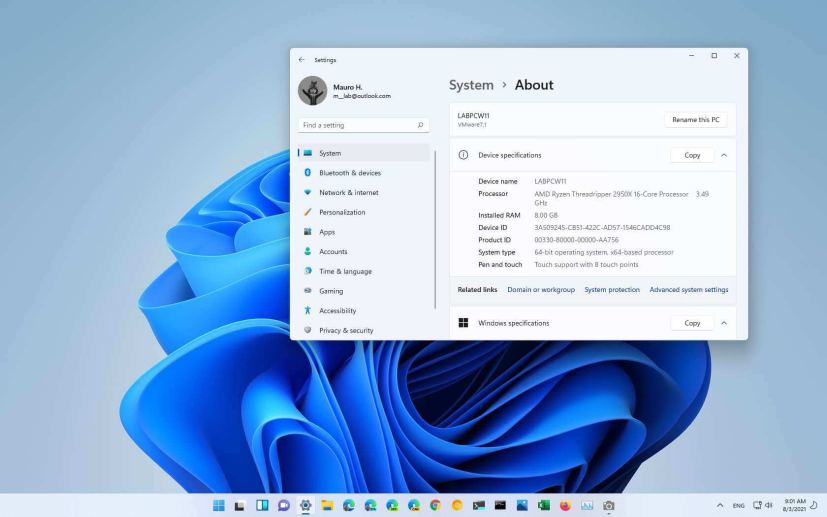Microsoft reveals that it will try to make it impossible to bypass the hardware requirements to install Windows 11 on incompatible devices. Windows 11 is expected to release sometime in October as the most significant update for the OS in more than a decade with a new user interface, apps, and features, but even though it will be a free upgrade for existing Windows 10 devices, Windows 11 will come with new system requirements that will leave many PCs without the possibility to upgrade.
Windows 11 will only be supported on Intel’s 8th Gen or newer, AMD Zen 2 or newer, and Qualcomm 7 and 8 Series processors. This is in addition to the requirements of TPM 2.0 and Secure Boot. The reason for these changes is to provide better security and reliability to customers’ devices. As a result, older hardware will be prohibited from installing the new version.
According to a report from WindowsLatest, Microsoft plans to use its Windows Update mechanism to check for compatibility and notify users if the computer does not meet the minimum requirements.
In the early days of the development of Windows 11, it has been possible to bypass the hardware requirements using some Registry hacks and other methods, but the company now says: “That group policy will not enable you to get around the hardware enforcement for Windows 11. We’re still going to block you from upgrading your device to an unsupported state since we really want to make sure that your devices stay supported and secure,” confirming that traditional methods to bypass the requirements won’t work.
Although it might still be possible to find a way around the compatibility check to install Windows 11 on incompatible hardware, it will be something that won’t be supported, and it won’t be something to try to fool Windows Update, Registry, Media Creation Tool, or Group Policy.

